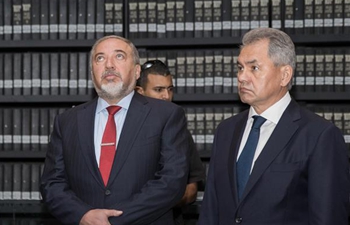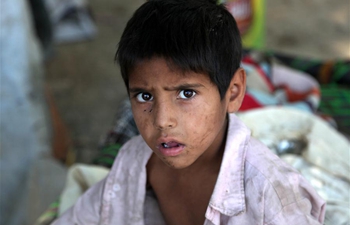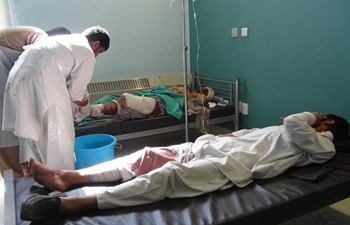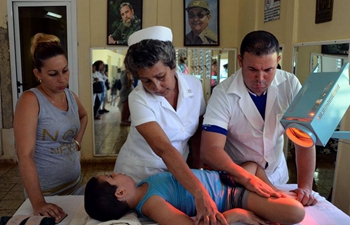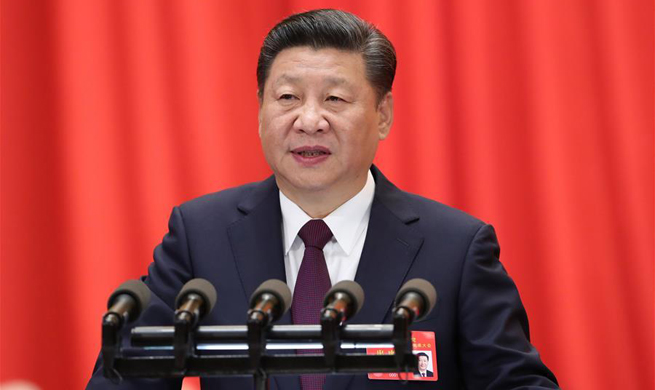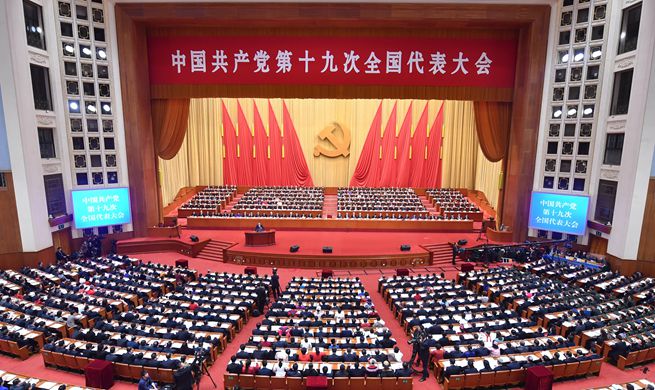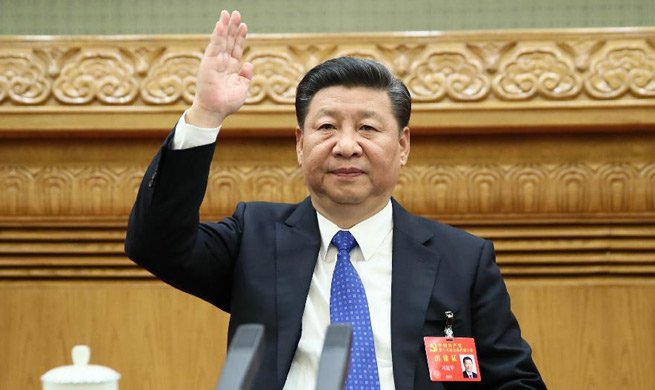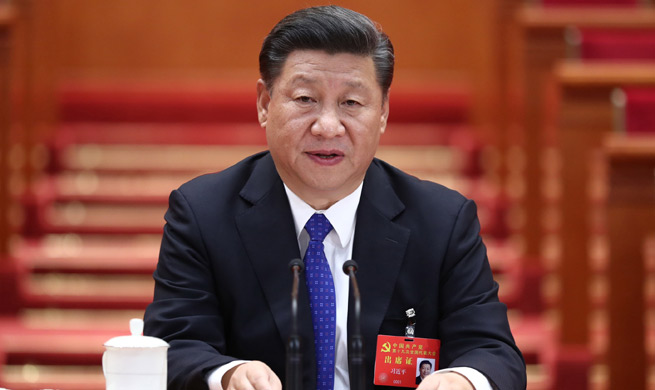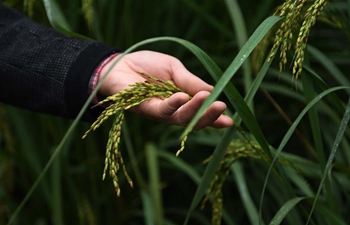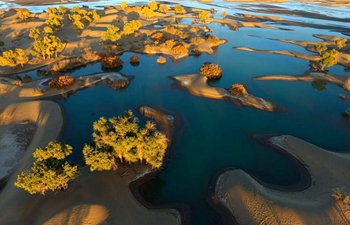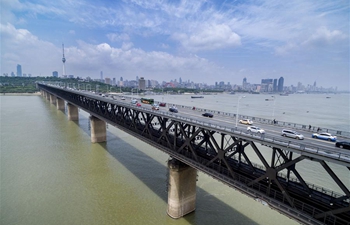NADI, Fiji, Oct. 18 (Xinhua) -- Fijian Prime Minister Voreqe Bainimarama and Austrialia's Minister for International and the Pacific Concetta Fierravanti stressed on Wednesday the importance of the role played by women in addressing climate change problems.
Speaking on women's leadership in climate change diplomacy at the two-day Pre-COP23, also known as ministerial dialogue, in Denarau, an island near Fiji's third largest city of Nadi, Bainimarama said women and girls are both critically vulnerable to some of the worst effects of climate change and vital to an effective response.
As the world experiences the extreme weather events, rising seas and changes to agriculture caused by climate change, women often have the least resources to cope. And this can add an extra burden to the poverty and lack of opportunity that billions of women around the world already face, he said.
Women are also powerful agents for change, he said, adding that "We also know that when women are well represented in decision-making processes, their ability to share skills and knowledge strengthens our collective effort to face the challenge of climate change."
He said that Fiji's delegation to Bonn consists of close to 50 percent women and they would obviously encourage other delegations to aspire to increase the proportion of women on theirs.
"Improving the status of women is a core imperative in tackling the effects of climate change. That is what we are doing in Fiji. And that is what we must do around the world," he said.
Meanwhile, Austrialia's Minister for International and the Pacific Concetta Fierravanti said the successful implementation of the historic Paris Agreement depends upon effectively engaging women and girls.
"Women, as agents of change, are critical to pursuing sustainable development and the transition to a low emissions climate resilient world. We know that women and girls are disproportionally impacted by climate change, particularly in developing countries.
Based on current trends women will not be equally represented in the United Nations Framework Convention on Climate Change until 2040, in parliaments until 2065, and will not make up half the world's leaders until 2134, the minister said.




